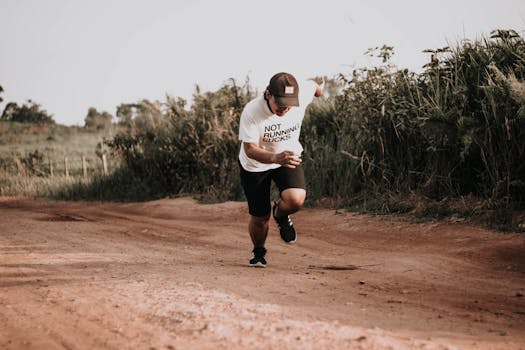
Introduction
In today’s digital age, running apps have become essential companions for beginners and advanced runners alike. With a variety of options available, choosing the right app can be daunting. This post compares the top running apps to help you find the best fit for your needs.
1. Strava
- Best for: Social runners & competitive athletes
- Features: GPS tracking, social sharing, challenges, leaderboards
- Pros: Large global community, integration with wearables, in-depth analytics
- Cons: Some features require a premium subscription
2. Nike Run Club
- Best for: Beginners & casual runners
- Features: Guided runs, audio coaching, achievement badges
- Pros: Free with no premium tier, motivational features
- Cons: Limited advanced analytics, less social interactivity than Strava
3. MapMyRun by Under Armour
- Best for: Data-lovers and cross-training athletes
- Features: Route creation, nutrition tracking, gear tracker
- Pros: Extensive tracking metrics, supports multiple sports
- Cons: Ads in the free version, some features locked behind premium
4. Runkeeper
- Best for: Training for events & progress tracking
- Features: Audio cues, training plans, goal setting
- Pros: User-friendly interface, customizable training plans
- Cons: Advanced plans require paid upgrade
Comparison Table
- Strava: Best for social and competitive runners
- Nike Run Club: Excellent for beginners and motivation
- MapMyRun: Great for those who like stats and cross-training
- Runkeeper: Perfect for training plans and tracking goals
Conclusion
The perfect running app depends on your personal preferences and goals. Whether you value community, in-depth metrics, training guidance, or simplicity, there’s an app tailored for you. Download a few, test them out, and hit the road with confidence!
Comments
Post a Comment